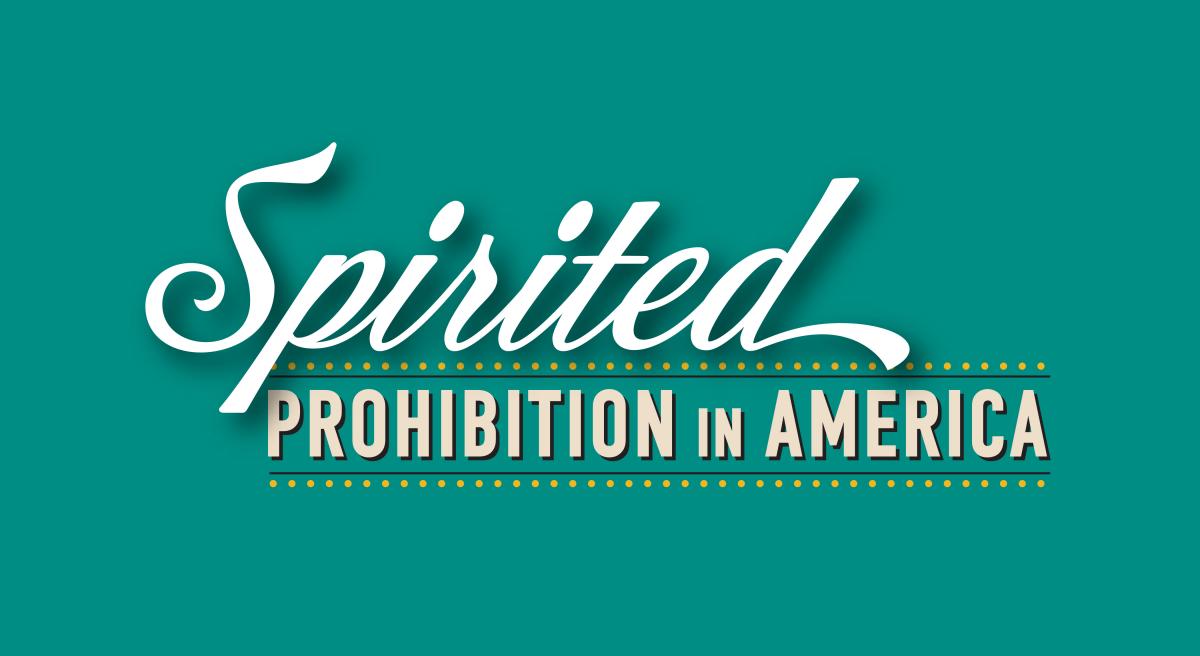In a tumultuous era spanning thirteen years, Americans could no longer manufacture, sell, or transport intoxicating beverages. Prohibition was now a part of the Constitution, holding the same status as freedom of speech and the abolition of slavery. Ratified in 1919, the Eighteenth Amendment stirred up a passionate and, sometimes, volatile debate between “wets” and “dries” that will forever cement Prohibition’s place in history. Spirited: Prohibition in America takes visitors back to the period of flappers and suffragists, bootleggers and temperance lobbyists, and real-life legends, such as Al Capone and Carry Nation.
Adapted from the National Constitution Center’s flagship exhibition, Spirited explores the history of Prohibition from the dawn of the temperance movement to the unprecedented repeal of a constitutional amendment in 1933. What made the country go “dry” and how did America change during this period in history? Visitors will learn about the amendment process, the role of liquor in American culture, the cultural revolution of the “Roaring Twenties” and how modern liquor laws vary from state to state.
This traveling exhibition is part of the NEH On the Road program, sponsored by the National Endowment for the Humanities.

